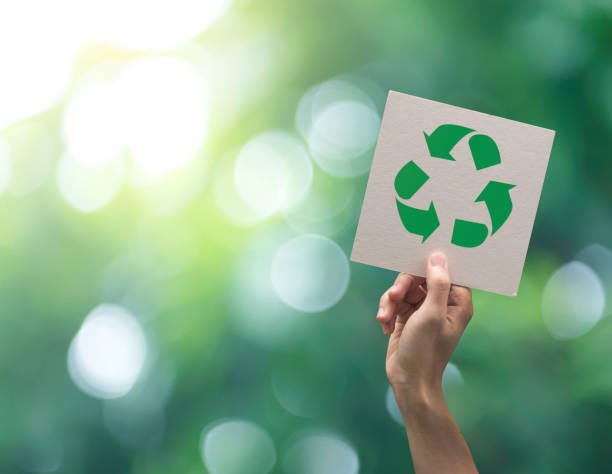E-Waste Management Companies in India
In recent years, India has witnessed a staggering increase in electronic waste, commonly known as e-waste. This surge is largely due to the rapid advancements in technology, which lead to decreased lifespans for electronic devices and gadgets. As the world’s second-largest e-waste producer, India faces significant environmental and health challenges posed by improper disposal of electronic waste. However, amidst these challenges, numerous e-waste management companies in India are emerging as knights in shining armor, spearheading efforts to combat this crisis. This blog delves into the critical role these companies play, the innovative approaches they adopt, and how they are shaping the future of environmental sustainability in India.

Understanding E-Waste
E-waste encompasses a broad range of electronic products that are nearing the end of their useful life, from large household appliances like refrigerators and air conditioners to smaller gadgets like smartphones and computers. The hazards arise from the improper disposal and unregulated recycling practices that release toxic substances into the environment, such as lead, mercury, and cadmium.
The Role of E-Waste Management Companies
E-waste management companies in India are instrumental in addressing these challenges. They employ scientifically approved methods and technologies to collect, process, recycle, and dispose of e-waste. These companies are not just business entities but pivotal players in the environmental ecosystem, integrating sustainable practices into the core of their business models.
1. Collection and Segregation: The first step in effective e-waste management is the collection and segregation of waste. Companies like Attero and Ecoreco facilitate easy pickup services for both corporate and residential sectors. They ensure that e-waste is properly segregated, which is crucial for the next steps in recycling.
2. Advanced Recycling Processes: After collection, the e-waste is transported to recycling plants where it undergoes dismantling and further segregation. Companies such as Umicore use advanced hydrometallurgical techniques, while others might use pyrometallurgy to extract precious metals like gold, silver, palladium, and copper. These processes are designed to maximize recovery while minimizing environmental impact.
3. Data Destruction Services: With the rise of data breaches, secure data destruction has become a critical service offered by these companies. Firms like Sims Recycling Solutions provide secure data destruction services to ensure that all personal and corporate data is completely destroyed before the devices are recycled.
4. Awareness and Education: E-waste management is not just about recycling. It’s also about awareness and education. Companies engage in extensive campaigns to educate the public about the importance of proper e-waste disposal. Karo Sambhav, for example, runs school programs to educate students about the importance of recycling.
5. Compliance and Certification: E-waste management companies in India adhere to various national and international standards and certifications, such as ISO 14001 for environmental management and R2 (Responsible Recycling) standards. Compliance with these standards not only helps mitigate environmental impact but also boosts consumer confidence.
Challenges Ahead
Despite the proactive strides, e-waste management companies in India face numerous challenges. The lack of comprehensive legislative frameworks and the rampant informal sector activities hinder the effectiveness of formal recycling processes. There is also a significant gap in consumer awareness about the importance of choosing formal recycling channels.
Innovations and Future Directions
Innovative solutions such as mobile and online applications for e-waste collection, and the introduction of blockchain for better tracking and transparency of the recycling process, are on the rise. Companies are also exploring the use of Artificial Intelligence (AI) to improve sorting and processing efficiencies.
Looking ahead, the integration of Extended Producer Responsibility (EPR) could redefine the e-waste recycling landscape in India. This policy approach requires producers to be responsible for the entire lifecycle of their products, thereby incentivizing them to design products with an eye toward environmental sustainability and easier recycling.
Conclusion
The burgeoning E-Waste Management Companies in India holds great promise not only for mitigating environmental and health hazards but also for contributing to the circular economy. As consumers, it is imperative to support these initiatives by responsibly disposing of our electronic waste and choosing products designed with sustainability in mind. Through collective effort and robust regulatory frameworks, India can transform its e-waste crisis into an opportunity for sustainable growth.
.jpg)
Comments
Post a Comment